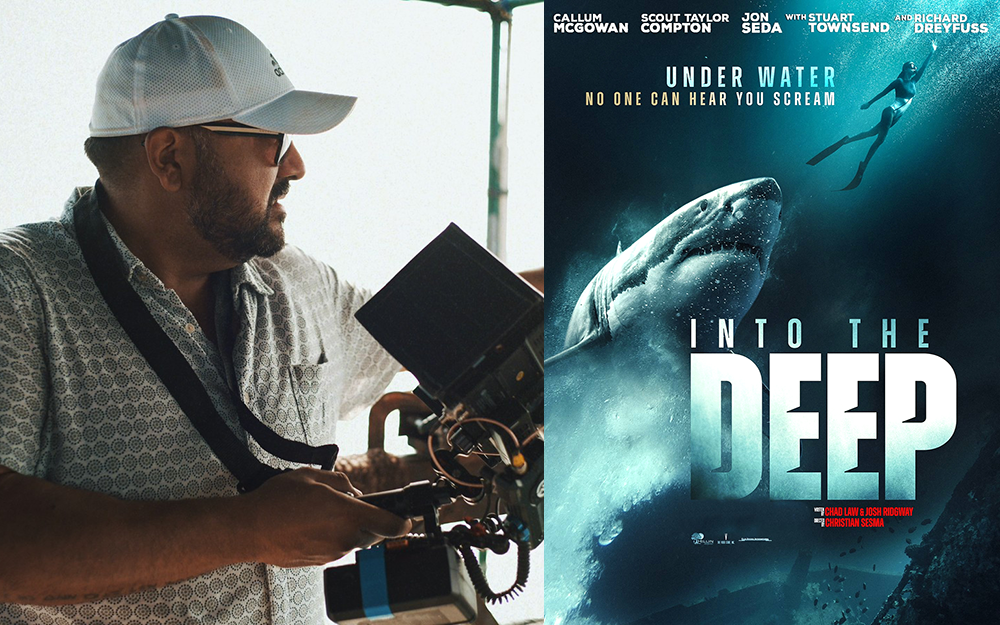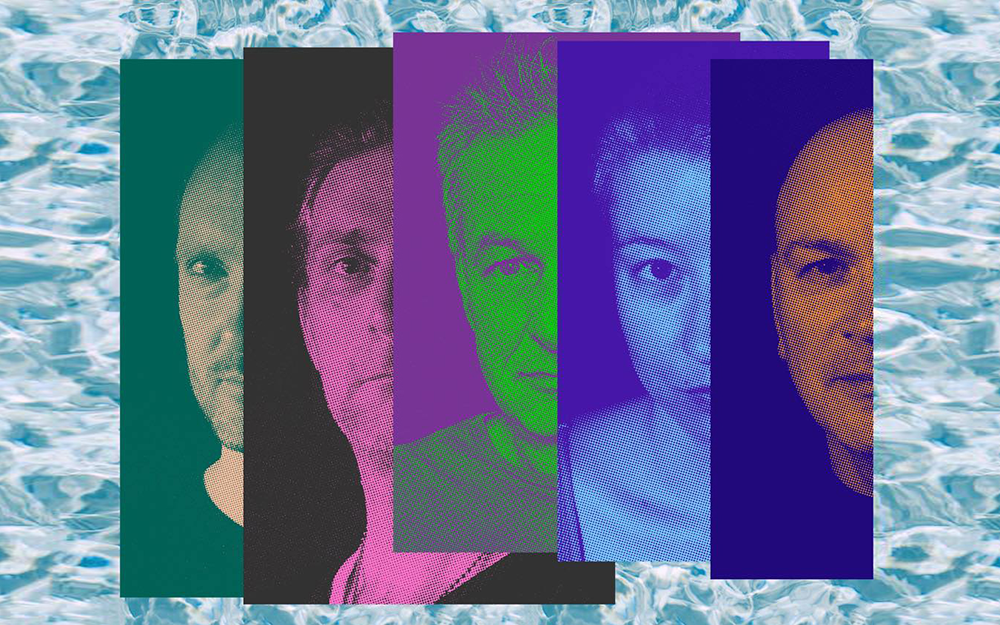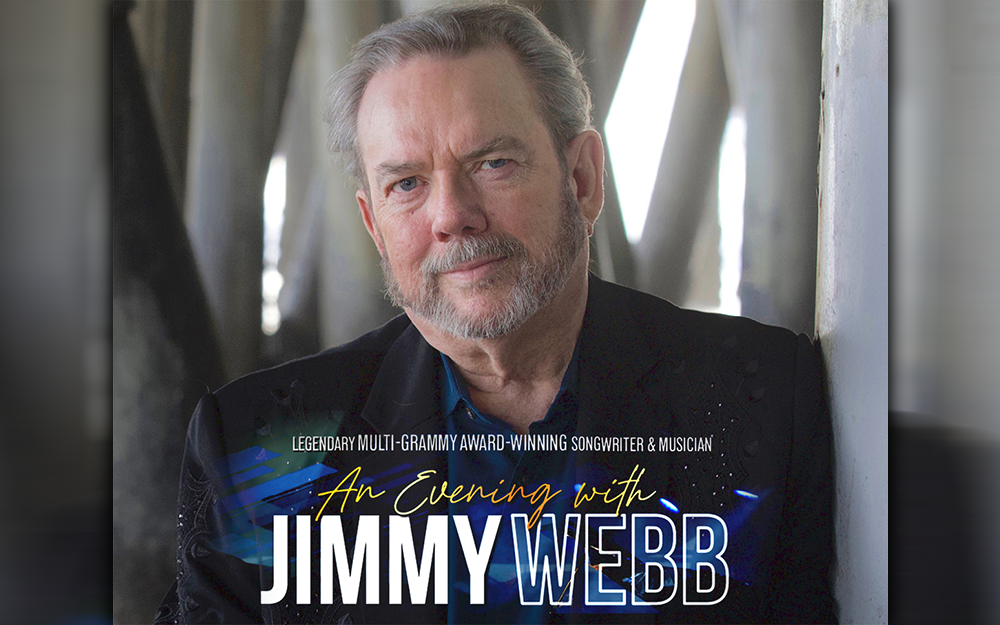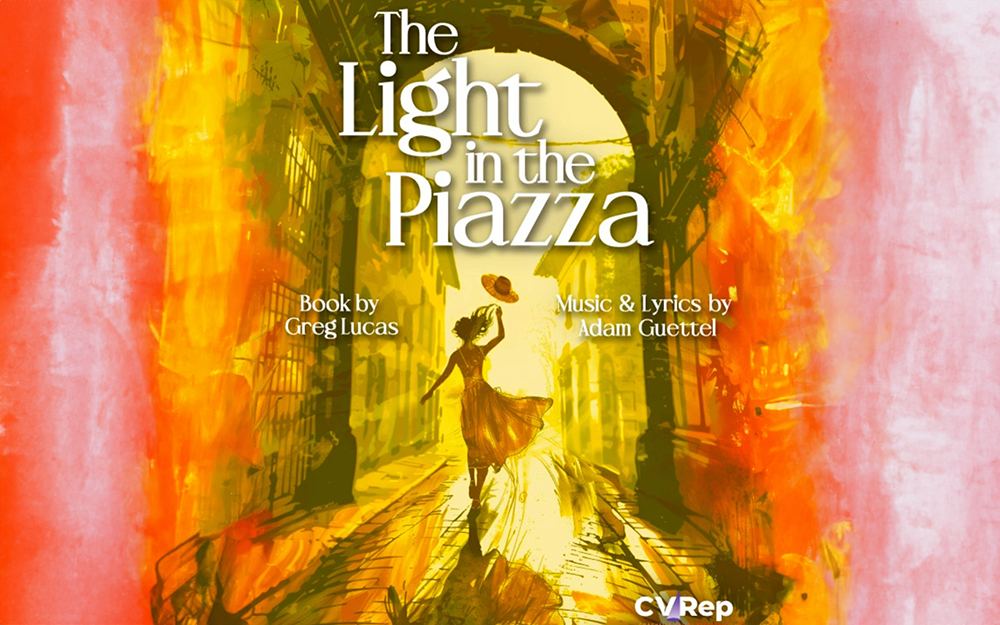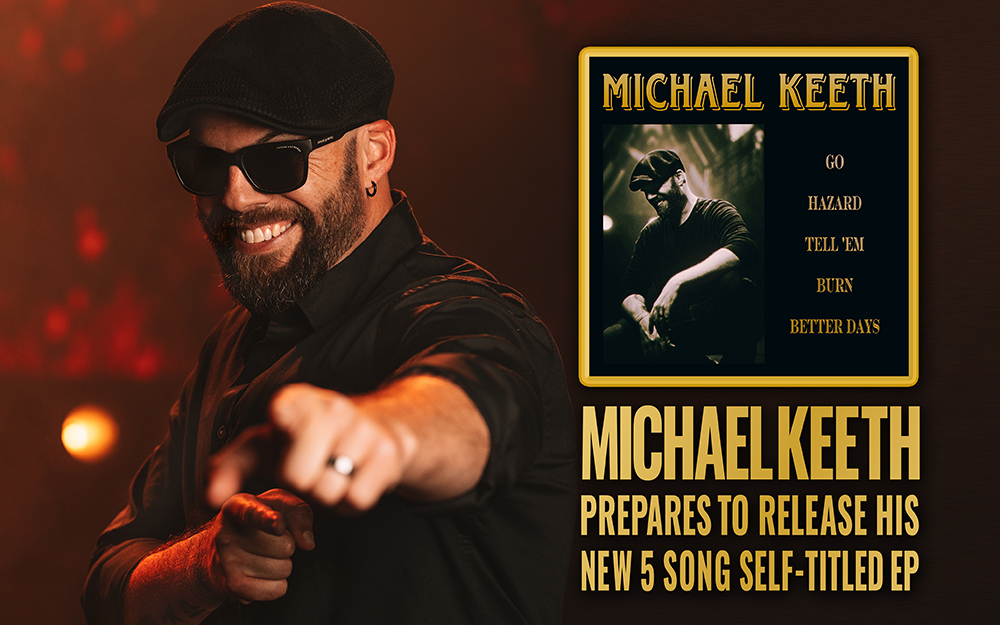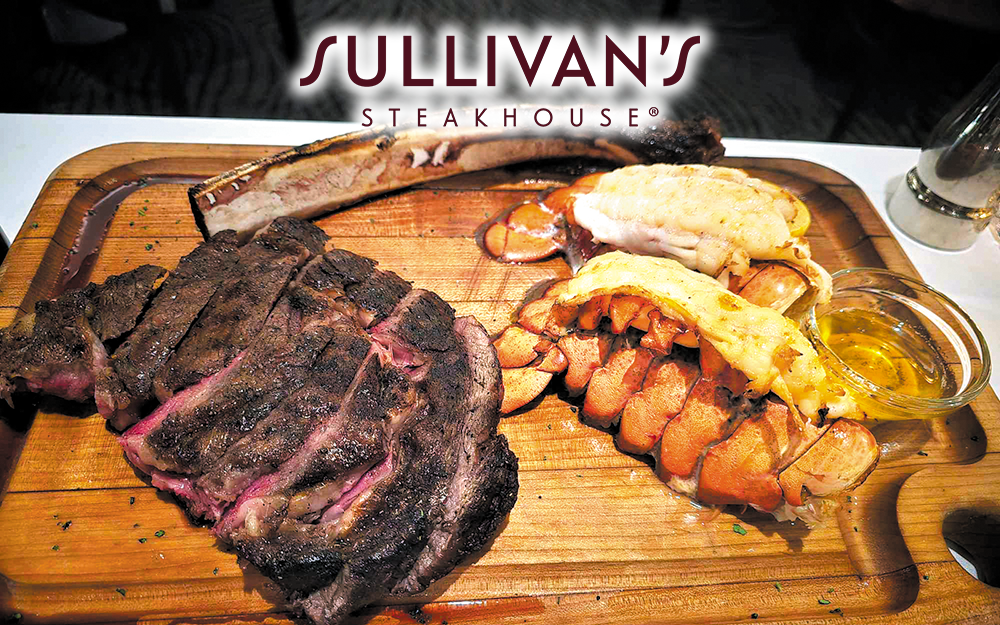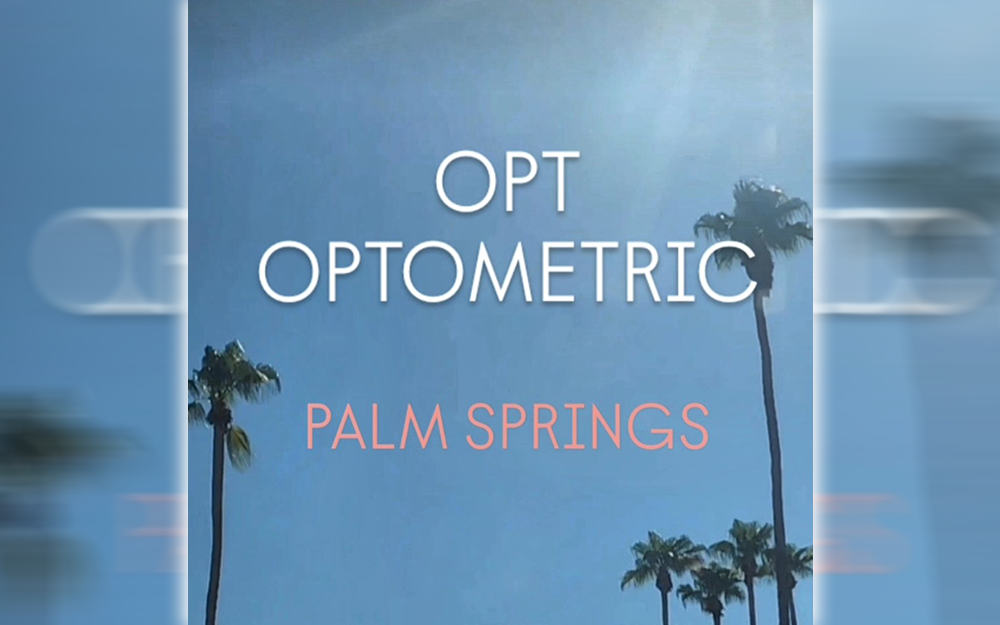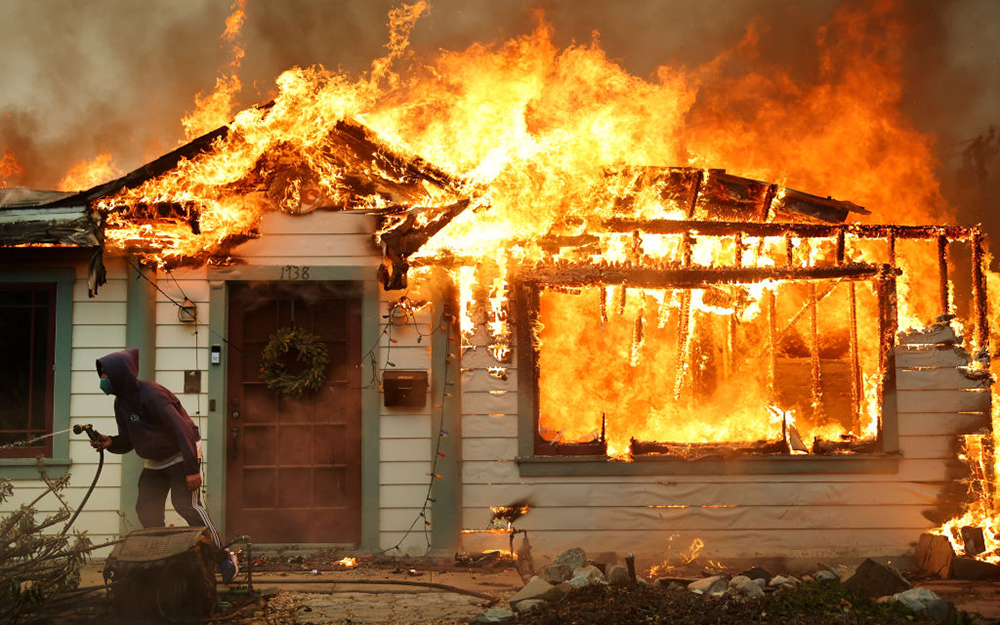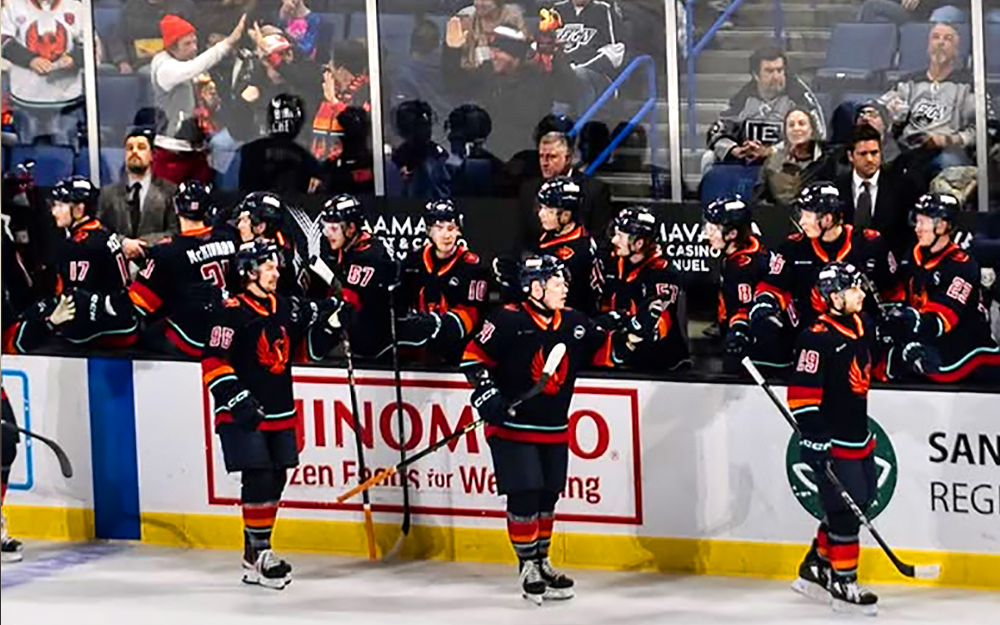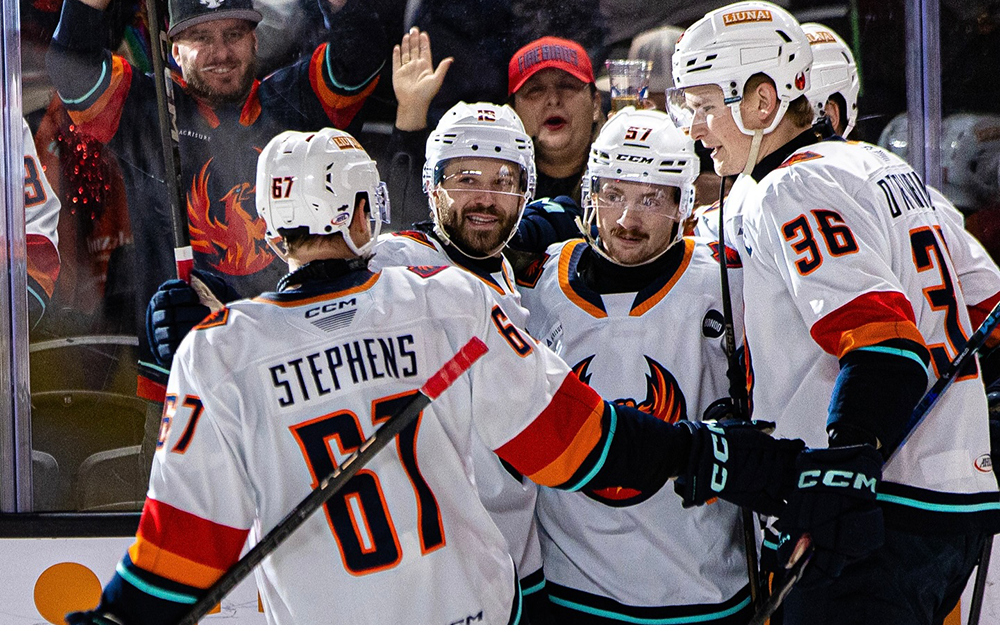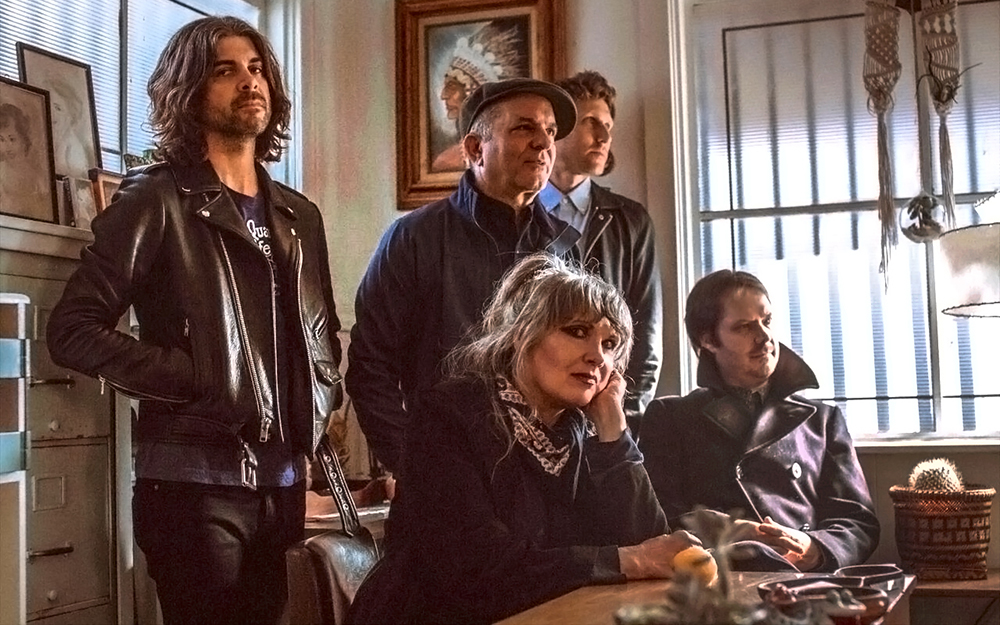
The Motels Will be Performing this Friday, November 2 at 7pm at Big Rock’s Cars, Stars, Rock ‘N’ Roll and BBQ Festival
By Lisa Morgan
It was the Christmas break of my sophomore year in high school; I had escaped the confines of the Coachella Valley and a growingly unhappy home environment to go to Mammoth with my half-sister. I devoured one thing on that drive, and one thing only – the album, All Four One by The Motels (on cassette). I was apparently not the only one. All Four One would be The Motels first RIAA Gold-certified album by the new wave band. It featured the Top 10 hit “Only the Lonely,” and the follow-up hit “Take The L (out of lover and it’s over)”. It was the age of MTV music videos, and in spite of many opinions and one very popular song, video made the radio star. Martha Davis, her strikingly beautiful face, and her voice, rich and haunting, etched The Motels into an unmatched synth-music generation, marked by its blatant style and originality; an era that produced artists like Oingo Boingo, Blondie, The Pretenders, The Clash, Culture Club, Duran Duran and more.
It would have been unfathomable had you told me that years later, I would be talking to Davis from her 72 acre ranch in Oregon where she lives with her 5 dogs, 8 cats, 4 alpacas, 3 goats and chickens. This woman, who left an indelible mark on the music scene and so many other female musicians, is still as passionate and deep thinking as ever. She has somehow survived and thrived life and the music industry unjaded, with openness and warmth that are unexpected, enchantingly rare and absolutely inspiring.
In a world where it has become increasingly evident that work environments can be difficult and even treacherous for women, I asked Davis, What was it like for you as a woman in the music industry in the late 70s/early 80s?
Martha Davis: “I heard somebody talk about how she couldn’t believe it took her 8 years to finally come to some notoriety. That’s the way it is with any business that is going to have a big payoff; it’s the same amount of time it takes to become a lawyer or a doctor, only we don’t have a big exam at the end to find out if we should quit or not (laughing). It takes a while, and it does take some moxy, but I never really did feel like it mattered that I was a woman, it mattered if I was good. I didn’t like when women would try and emulate the boys. We’re different. If you have a guitar and you only want to learn the riffs to be just like Van Halen, I think it defeats the purpose. We all have to find our own riffs. That’s why I really like St. Vincent – she’s different and does her own thing.”
CVW: In an industry that tends to mold people into what they think will sell hits, versus what they uniquely have to offer, unless what they uniquely have to offer sells hits, how did you find your voice?
Davis: “I think the main thing that happened with my voice was that nothing happened to it. It never was about singing for me, it was about writing. I thought if Bob Dylan can sing his own songs, I can definitely sing mine. First time I heard Bob Dylan sing I thought, that isn’t a voice, what is this? Is a cat stuck in the fence? But you love his songs because they’re fucking brilliant. I didn’t like my voice. I used to try to scream to make it rougher – I loved early Rod Stewart and Peter Gabriel…but I also loved David Bowie. I realized – it’s my voice; it’s what I’ve got. I don’t know how to sing other people’s songs. I was in a cover band for a few minutes, but it was all about the writing, and for the most part, I pretty much just wrote stuff I could sing. I stayed in my room creating and not listen to anyone else. Now, I listen to singers today, and it seems everyone sounds kind of the same. Part of it is that in the studio, everyone goes through pitch correctors, whether they need to or not, and then it’s compressed more when it’s turned into an mp3. I find it homogenizes everyone. And the way people sing… there’s a style it seems everyone is using. The 80s were a great time; there were so many bands, and no two bands sounded alike. Debbie Harry didn’t sound like Chrissie Hynde, Oingo Boingo didn’t sound like Devo – everybody sounded different, and to me, that’s the richness of art. You should strive NOT to sound like anyone else. I think the way of record companies is, ‘Nirvana’s a hit, let’s make a bunch of Nirvanas.’ We have to grow out of that.”
CVW: Your new album, The Last Few Beautiful Days, is said to be a journal progressing through your career?
Davis: “Yeah, but it didn’t start that way. We started working on it three or four years ago. Problem is I’m here in Oregon, and my boys are in LA, so we write when we can find time. We had three days of jamming and at that time I was looking at the world and the state of things. I think everybody should be feeling a bit disillusioned these days. I wanted to make a statement about the things that dismayed me; like taking a picture of the planet and writing #metoo on it, with songs like “Criminal.” “Machine” is a reflection on how we’re allowing the machine to take over everything. I’m on a big kick now a days where I’m really upset about how everything a human would do for themselves is being done for them. You don’t cook anymore; you get a box of food delivered. You don’t dress yourself; you get stitch fix to deliver clothes to you. I think eventually we’ll just atrophy and just be a bunch of thumbs.”
“I was assembling this album with those things on my mind. I’ve never wanted to be political with my music, so one of the things I did with the album was to write in first person. As I was doing this, I remember vividly, I was on a plane when I was putting the sequence together; even though they were written in first person, I didn’t really hear myself in them. In my head there were men telling the stories. Then I stumbled across an older song called “Light me Up” from the 90s. I really felt it needed to be on the album, and I put it as the first song. As soon as I did that, for some reason, it turned the whole thing into my journal. “Light Me Up” was about being young, having the spotlight on you, and being drawn to that light. The aspects of that combined with the political things I was feeling, suddenly turned into parts of my life. All of it turned out to be the journey from the music business to my children, which didn’t end well at all.” Her voice became deeper and more solemn when she shared, “I lost my daughter two years ago to drug overdose. All of that is in there. Suddenly, on that plane, I could hear my own voice in these songs, and it breaks my heart. That’s how art goes. It doesn’t always turn out the way you think it will. It’s a very organic process. I have a saying in the band: ‘The only ego allowed in the room is the song’s ego. The rest of us can just shut our pie holes.’”
CVW: Has music been a part of you coping with such a huge loss?
Davis: “My daughter was a strikingly beautiful, smart and hilarious woman, and then she wasn’t. I had no idea about those drugs – they just came on so fast. I knew she was in trouble – she was in LA and had just gone through a rough break relationship, so I picked her up and brought onto the farm. I just have the knowledge. I thought she’d come out here, and at least she’ll be safe and dry out. But you can get that shit on line. We got to spend 5 years together. We got to know each other as grown women. When times were good they were the best times of my life. When they were bad, the ambulance was here because she overdosed. Talk about criminal – the pharmaceutical industry that brought forth these things, that told doctors they weren’t addictive knowing full well that they were, they’re murderers. I cry all the time. I always will. But I think she’s around. I think she leaves me coins because I love finding coins on the side walk, and I’m finding a lot of them lately.”
“There’s a lot going into this next record. I won’t write something for months and then all of a sudden, six songs come out. I was just looking back in this notebook I’ve kept over the last couple of years since she died, and it’s coming out. Having the vehicle to take your emotions – the anger, fear, frustration, love, and joy, and to be able to put them in a song – there’s nothing like it. Because then, it’s outside of you, and you get perspective on it. Half the time I don’t even know what I’m writing. I write very stream of consciousness.”
“My advice to anyone trying to write, is to get the hell out of your own way. Let your subconscious do it. It’s all in there – all the emotions to heal. We suppress things to get by, or we lock them away somewhere where we think it won’t disturb us. Those are the things you want to let out. It’s very important to let yourself be free from over thinking, or thinking about what is that going to sound like to somebody else. Half the time I look at the lyrics afterwards and I won’t even strike me what I’ve written until later, after I get some perspective on it. It’s an amazing thing.”
“I wish this kind of thing was encouraged more in school. I’m so heartbroken that the art and music programs, even the PE programs. Any of the ways kids can find release and mind relief have been taken away, and we wonder why there’s gun violence. There are other ways out of this, even out of drug addiction, that are creative that might have a better outcome. Bottom line, I think what we’re seeing across the board, may it be crazy politics, shootings or just the unrest, whether you believe in climate change or not, I think it all boils down to one thing – we’re all really scared. You see things like 500 mph winds, things that are beyond our control and we all know something is going really wrong. A lot are looking for escape or are lashing out. We all need to take a deep breath and try to realize that this is when we need to pull together and help each other.”
Martha Davis and the current lineup of The Motels have been together for 15 years. “The band is exceptional,” she boasts. “They are exceptional humans and amazing players. We just have so much fun together; it’s hilarious and ridiculous.” The Motels will be performing this Friday, November 2 at 7pm along with The Georgia Satellites, at Big Rock’s Cars, Stars, Rock ‘N’ Roll and BBQ Festival in partnership with EG Auctions. The outdoor concert provides an incredible setting for an amazing event full of collector cars and rock memorabilia up for auction, live music, state championship BBQ, hot air balloon rides, television celebrities and more, all happening this weekend. Tickets prices start at $10 and are on sale now at www.thebigrockpub.com.




